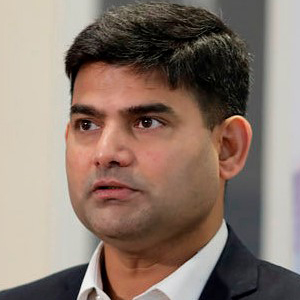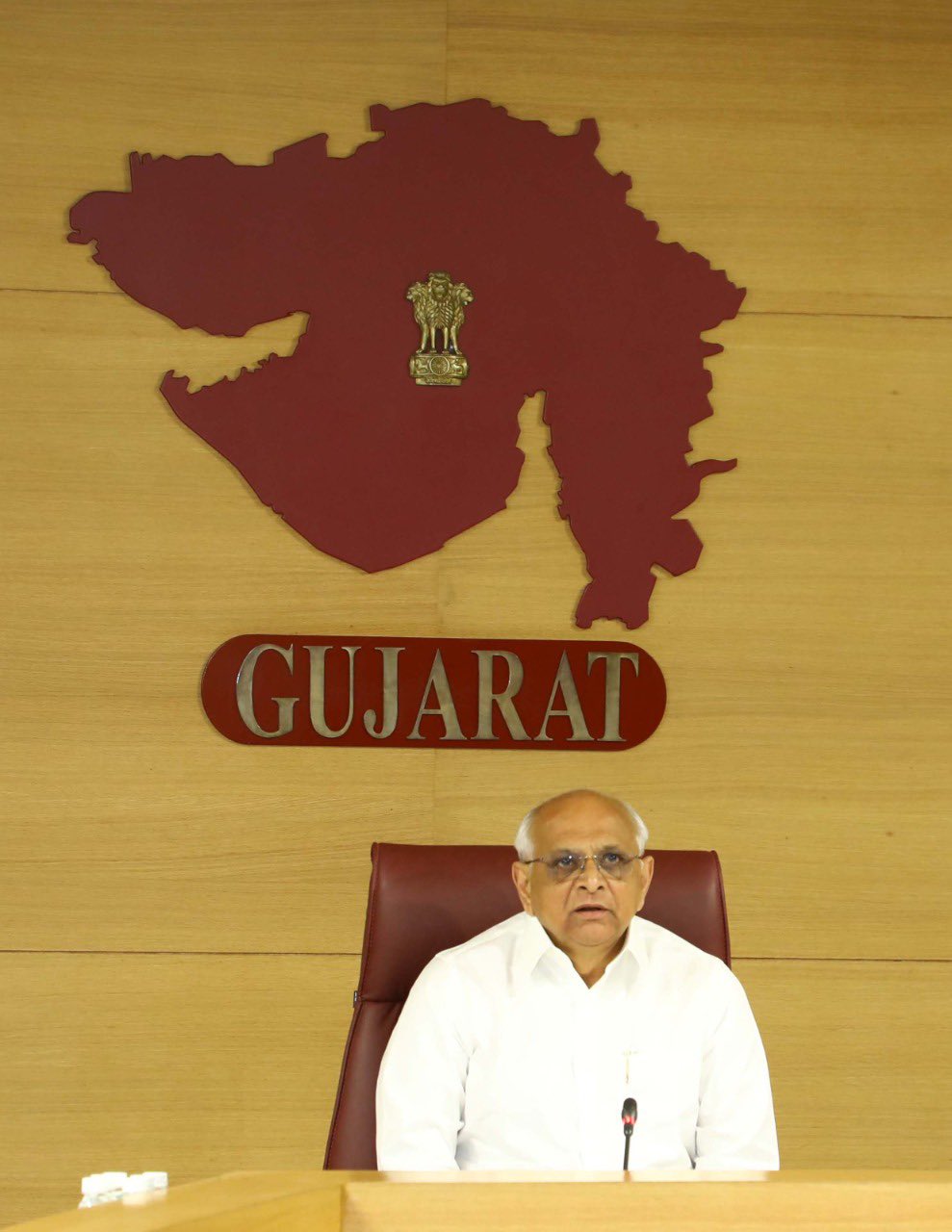The Gujarat Government is often found to be in a tearing hurry to claim the numero uno status for almost everything, but it sometimes jumps the gun.
It claims that the State leads in facilitating startups and even topped the State Startup Rankings 2019 initiated by the Department for Promotion of Industry and Internal Trade (DPIIT) for the second year in a row.
But many who have launched innovative and tech startups say Gujarat lacks in this sphere while the State champions conventional businesses.
Take Jayson Ganatra from Rajkot who launched his dream startup, Makerspace, in 2017. He is into on-demand manufacturing service with a focus on high-precision manufacturing.
He worked in Rajkot for two years but eventually moved out to Bengaluru in 2019. Speaking to Vibes of India, Ganatra says, “When I started my company in Gujarat, I over-estimated the demand for hardware space. But I realized I hardly had any customers in Rajkot and so shifted base to Bangalore.”
His startup found support from the Indian Institute of Management, Bangalore incubator and that’s when it picked up. It’s 2022 and Ganatra is running a profitable startup, having bid adieu to Gujarat.
Gujarat is known for the entrepreneurial genius of its people in running traditional businesses but when it comes to tech, the State seems to be taking a little longer to catch up. There are an estimated 400 tech startups in the State.

Anupam Lavania, Co-founder and CEO of Ahmedabad-based startup Bioscan Research, seems to hit the nail on the head when he says, “Startup incubators in Gujarat have a serious problem. Unlike other metro cities, the incubators are not headed by entrepreneurs but academicians. We end up learning theory, making presentations but everything mostly stays on paper due to lack of actual guidance. It is very regimented.”
Lavania’s firm utilizes tech in optics and electronics to manufacture affordable medical devices for early detection of life-threatening diseases non-invasively.
He adds, “Another issue I faced is finding the right talent. To make engineers leave Bangalore or Pune and shift to Ahmedabad needs major incentives. There is a liquor ban here and that’s a huge drawback.”
“For Bioscan, we ended up having virtual consultants as relocating people is expensive for a startup. Secondly, due to lack of technical manpower in Gujarat we hired freshers and had to spend extra time and money in training them,” Lavania explains.
GIFT city, Gandhinagar, was conceptualised in 2007 soon after the then chief minister Narendra Modi returned from a trip to Singapore. But till date, GIFT city has not attracted the kind of projects and people that it had promised.
Shikha Shah, founder of Ahmedabad-based startup AltMat that converts agricultural waste to materials majorly for textiles, said, “Gujarat has traditionally been very entrepreneurial but when it came to the whole innovative wave in the country, the state missed the bus entirely.”

“The perception value of an innovative business in Gujarat is lower compared to Mumbai, Bangalore or Pune. Psychologically, Gujaratis understand traditional businesses like textile, pharma or food manufacturing rather than something like recycling. Innovative startups like mine would get lesser valuation in the State than other metro cities.” she adds.
Another pertinent issue is the lack of early buyers in Gujarat. Founder of solar innovative startup, Imagine Powertree, Shani Pandya, says “Here, the first question is ‘Pehla karta ketlu sastu chhe? (Is it cheaper than what’s already on the market?) Unlike Bengaluru, we don’t have initial buyers in Gujarat. It was easier for me to sell my product to the Gujarat Government than to retail businesses. Only after I sold my product to ONGC, I started getting private clients. Until then, I didn’t have clients who would embrace a new product.”

Silver Lining For Startups
That of course doesn’t take away from the State Government’s keenness to develop the startup ecosystem. On January 6, Gujarat Chief Minister Bhupendra Patel and Education Minister Jitu Vaghani announced Student Start-Up and Innovation Policy 2.0.

While the government already had this policy in place, it has now increased the financial allocation to promote student startups from Rs 100 crore five years earlier to Rs 500 crore now.
Earlier, students enrolled in higher education institutes and their alumni up to five years were eligible for SSIP funding under the start-up policy. Now, SSIP 2.0 has broadened the category to not only include school students to tap their entrepreneurial skills, but also included school dropouts, alumni, students of diploma, vocational, UG, PG and doctoral students as eligible beneficiaries.
But will innovative startups have a better ecosystem in Gujarat? Time will tell.



















